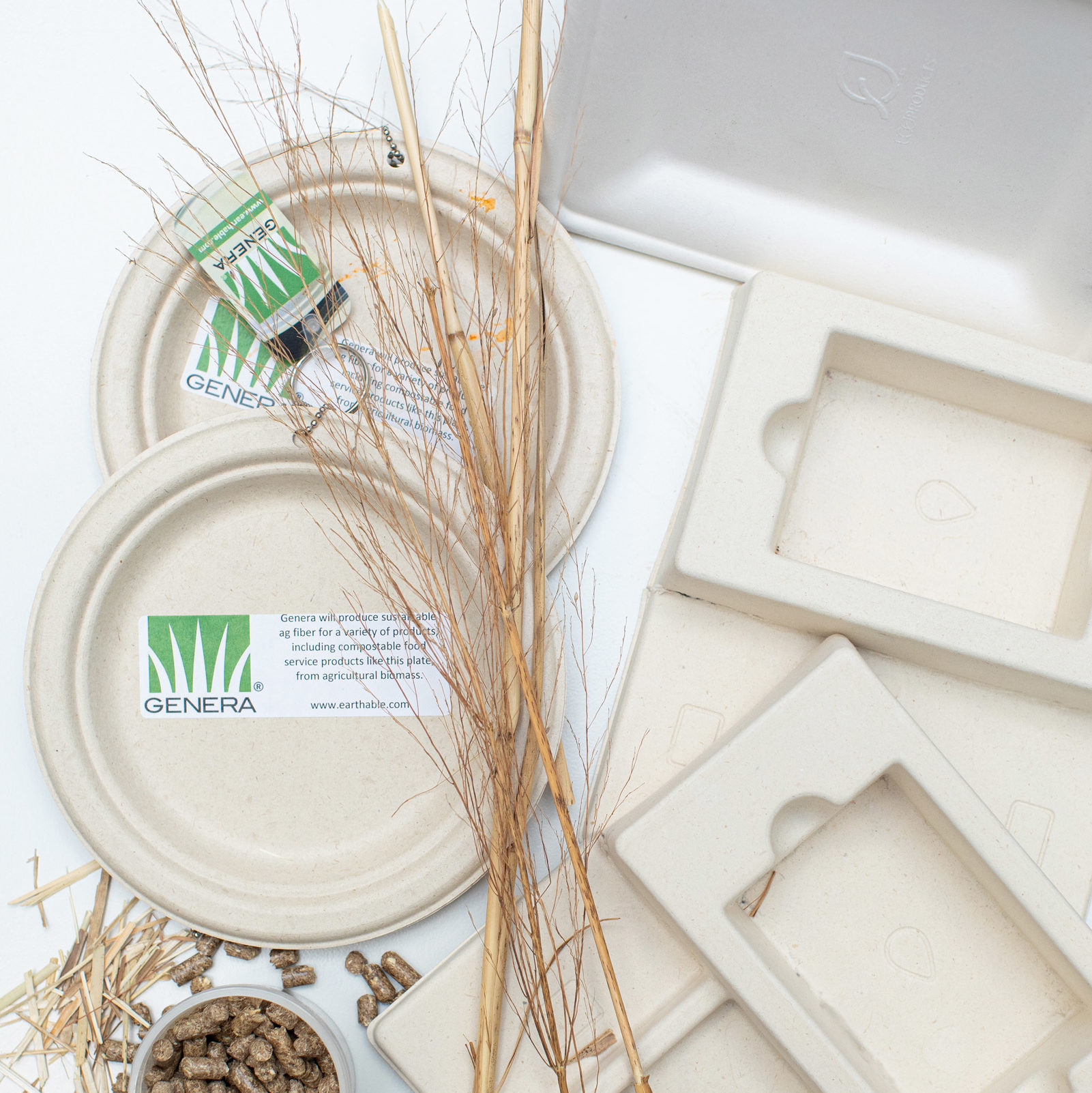Experts at the UT Institute of Agriculture’s Center for Renewable Carbon have patented a new process that cost effectively isolates the individual components from biomass crops, such as switchgrass, hybrid poplar and pine, for use in bio-based materials. Through close collaboration between UT and industry partners, lignin- and cellulose-derived materials are being created and used to develop innovative new products for the nation’s emerging bioeconomy. Examples range from plastic-free food containers and construction products to faster-charging and longer-lasting batteries. Among a plethora of other projects, work also is underway to create a chemical-free water repellent that literally causes water to bounce off the surface upon contact.
What does all this mean for Tennessee?
“With an inherent capacity to grow crops, Tennessee is in an enviable position of driving expansion of the bioeconomy,” said Tim Rials, associate director of the UT Center for Renewable Carbon and associate dean of UT AgResearch. “The introduction of new crops with new market potential creates additional rural economic development possibilities.”
Rials’ work to commercialize sustainably produced chemicals and materials also could lead to improved water and air quality, among other benefits directly impacting the quality of life for Tennesseans and beyond.
Helping farmers and helping the environment—that’s a win for everyone.



